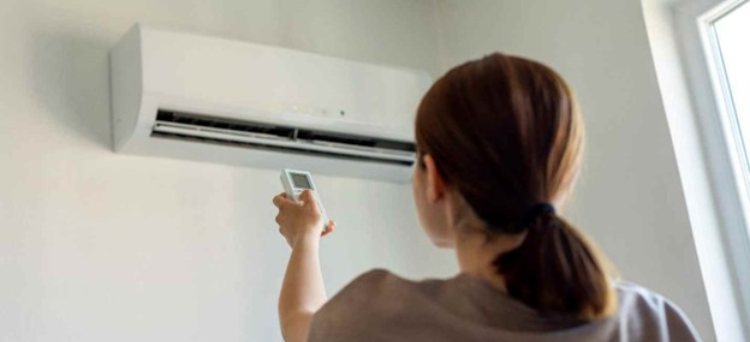
Heating, ventilation, and air conditioning (HVAC) systems come in several forms. The most recent iterations are smart systems capable of boosting home comfort, energy efficiency, and control over your home’s environment. When comparing traditional HVAC vs. smart technology, you may find that one suits your needs better than the other.
What is a Traditional HVAC System?
Most homes have a traditional HVAC system, which typically involves a furnace and air conditioner to heat or cool the space, ductwork to circulate air, and a manual or programmable thermostat to control the temperature. These systems are straightforward and relatively affordable but lack the flexibility and efficiency of newer technologies.
What is a Smart HVAC System?
Smart HVAC systems embrace modern technology to enhance the user experience. As the name implies, smart HVAC systems connect to Wi-Fi, allowing for remote control via a mobile app or even your voice. This connectivity allows you to adjust your home’s temperature from anywhere and enables detailed monitoring of energy use and system performance.
Comparing Traditional and Smart HVAC Systems
Understanding the differences between traditional and smart HVAC is helpful when deciding between these two systems. Here’s how they differ in six key areas:
- Efficiency: Smart HVAC systems are generally more energy-efficient than traditional ones because they can adjust the temperature automatically to maintain a comfortable environment based on your preferences without overworking the system.
- Comfort: With the ability to fine-tune settings remotely and automate adjustments based on external conditions, smart HVAC systems offer superior comfort. Traditional systems lack this adaptability, often leading to less consistent indoor temperatures or wasted energy.
- Accessibility: The standout feature of smart HVAC systems is their remote access capabilities. Users can control the system via a smartphone app or voice commands, assuming a compatible home automation system like Amazon Alexa or Google Nest is present.
- Customizability: Smart systems can learn from your habits and adjust automatically to suit your preferences, offering a level of customizability and convenience unmatched by traditional HVAC systems.
- Air quality: Many smart HVAC systems include air purification components that automatically adjust airflow based on air quality readings.
- Price and installation complexity: Traditional HVAC systems are generally less expensive upfront and easier to install. Smart HVAC systems tend to cost more initially and require a more complex installation process, but they offer energy savings and other benefits in the long run.
With this comparison of traditional and smart HVAC in mind, you might be ready to embrace modern technology with your upcoming furnace and air conditioner replacement. Oregon Heating & Air Conditioning is here to help! Over the past 25 years in business, we have learned that nothing is more important than your satisfaction. What we promise is what we deliver, so you can expect exceptional customer service and peace of mind. We respect and value our team, which translates to high-quality service for you. Call us at (971) 444-6310 today to request a free HVAC installation estimate in Portland, Beaverton, Hillsboro, or the surrounding areas.
The post Traditional HVAC Systems vs. Smart HVAC Systems appeared first on Oregon Heating & Air Conditioning.

